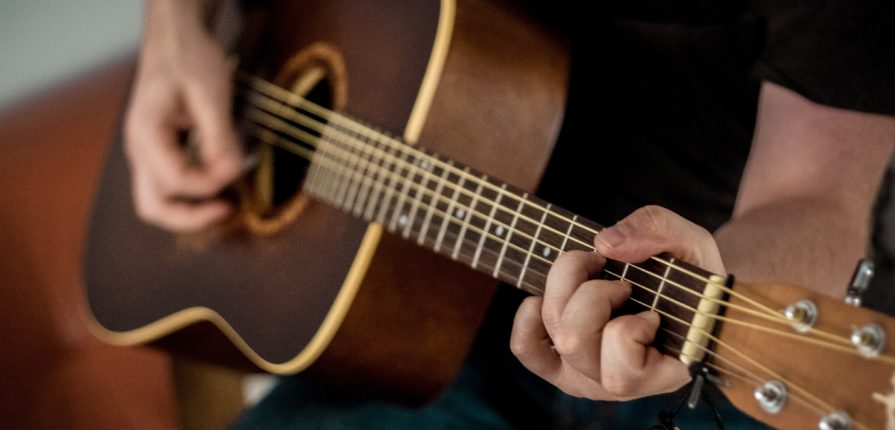People singing from balconies and streaming free concerts during the COVID-19 lockdown are part of a long tradition of using music to fight fear — dating back to the 7th century BC.
— April 23rd, 2020
From as early as ancient Egypt, Greece and the Babylonians, music has been a reliable tool for spiritual healing and social bonding for thousands of years amid disease. When plague struck Sparta in the 7th century BC, city leaders petitioned the poet Thaletus to sing hymns, and Terpander, another noted ancient Greek poet, was called up during a plague in Lesbos. Even Pythagoras, the creator of every schoolchild’s favourite theorem, used music as a therapeutic device, playing the lyre to calm drunken hooligans.
In medieval Italy, music went far beyond singing from windows, too. Before knowledge of contagion was widespread, the medieval “plague procession” was a recurrent sight on Europe’s streets. Entire towns marched, sang and prayed under icons of local saints, with call-and-response litanies designed to encourage participation. Remi Chiu, a musicologist at Loyola University, finds a parallel in these processions with the “Wuhan jiayou!” – or ‘Stay strong, Wuhan!” – chants that took off in January in the Chinese city where the pandemic began and likewise with the appearance of local patriotic songs on Italian balconies.
Chiu says music’s ability to overcome our egos is a “very powerful” tool in a quarantine. “When you’re making music, you’re submitting yourself – your mind, your body – to its regulation. And when you’re making music communally, or even dancing or doing the Macarena with your neighbours, you’re simultaneously contributing and submitting yourself to the larger goal of the group.” Technology can extend this communality – through a tweet or Facebook post, what would have become a column inch or a forgotten memory can inspire global solidarity.
To continue reading click here, to view the original article.
This article is a re-post, of “Stayin’ alive! How music has fought pandemics for 2,700 years” an article published on theguardian.com


